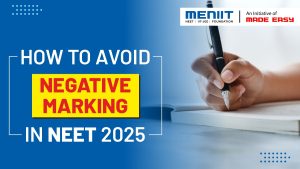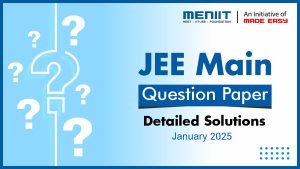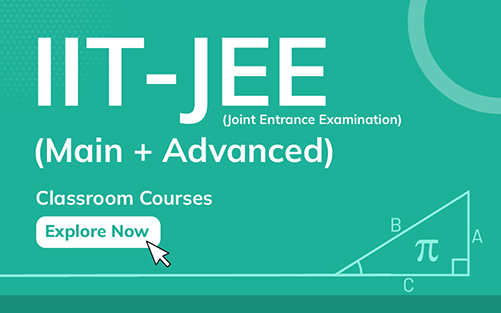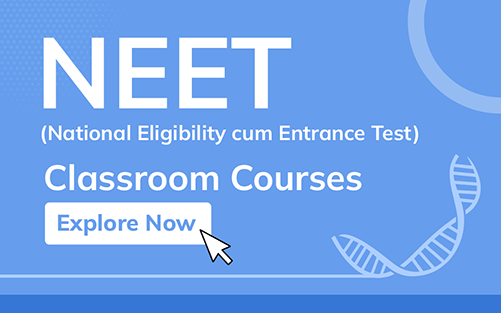How to Study Inorganic Chemistry for NEET 2025?
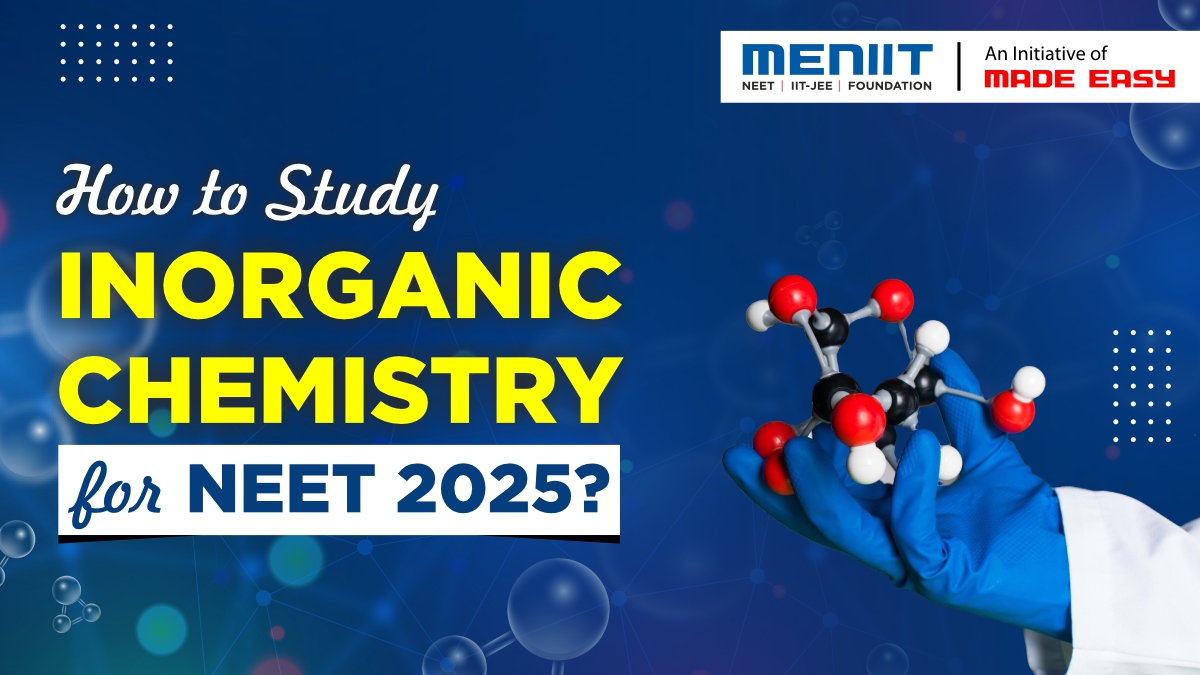
Inorganic chemistry holds nearly 33-40% of the total marks for the chemistry section of the National Eligibility Entrance Test (NEET). However, this is also one of the most difficult sections for some students because of lots of concepts and exceptions. Therefore, most of the aspirants tend to avoid this specific section during their NEET preparation. However, after going through this blog, aspirants would get an idea about how to tackle this portion of NEET and gain as much marks as possible in NEET 2025. This blog will also address the problems faced by the aspirants while preparing/studying inorganic chemistry for NEET.
Inorganic chemistry for NEET 2025
Being a doctor is one of the noble professions in our country. A doctor gets respect, name, fame, and a godlike status in Indian society. This is one of the reasons why every year a lot of candidates appear for the NEET. Also, unlike other professions, doctors don’t have to worry about employment opportunities. But becoming a doctor is not an easy task, especially in a country like India, which is the most populous country in the world. If we talk about 2024, more than 24 lakh aspirants appeared for NEET 2024. The total number of MBBS seats in medical colleges is not even 2 lakh. Therefore, it is utmost important for aspirants to score higher marks so that they can get admission in their favourite college. In order to score higher marks, it is important that aspirants attempt the maximum number of questions with higher accuracy in each section, viz., biology, physics, and chemistry. Attempting the questions and maintaining accuracy are two different things. However, with clear concepts and complete knowledge, both tasks are achievable.
Generally, it is seen that NEET aspirants are much more comfortable in biology and chemistry. However, there are some sections in the Chemistry that trouble the aspirants a lot. Inorganic chemistry is one such section. The main problem that generally aspirants face in inorganic chemistry is that there are lots of concepts and exceptions that need to be remembered. So let us look at how this problem can be solved.
- Get the latest syllabus: Generally, the syllabus of the NEET Exam changes every year. Some new chapters/topics are added, and some are removed. However, it is not necessary that every year the syllabus gets modified; still, it is good for the aspirants to get the latest and updated syllabus of NEET before appearing in the exam. The latest syllabus can be downloaded from the official website of NTA. This is very helpful for the students, as it helps to filter out those topics that are not in the official syllabus.
- Get correct guidance: Those who are studying inorganic chemistry for the first time should try to study it under the correct guidance. This guidance can be received from the internet, seniors, or some coaching class. However, the guidance from coaching institutes is much more reliable than any other source, as the faculties in coaching institutes are generally very experienced. However, enrolling in any coaching institute is a personal choice of an individual.
- Clear the basic concepts: Incomplete knowledge of basic concepts is one of the main reasons why aspirants find inorganic chemistry more difficult than other sections. Concepts of periods, groups, periodic tables, properties of various elements, etc. are very important for the proper understanding of inorganic chemistry.
- Avoid Multiple Sources: Following multiple sources can create more confusion rather than strengthening concepts. Therefore, for NEET 2025, it is advisable for students to follow the NCERT book instead of going for a lot of reference books.
- Practice Daily: Sections like inorganic chemistry depend a lot upon the power of remembering the concepts. As there are lots of concepts, reactions, and exceptions that need to be memorized, it is important to practice daily or at regular intervals. Aspirants can also use/develop mnemonics and flowcharts for their ease.
- Read NCERT multiple times: Chemistry NCERT books are the best for inorganic chemistry for NEET. Aspirants should read NCERT books line to line multiple times. Also, aspirants should attempt the in-text and exercise questions of NCERT.
- Practice the mechanism: Reactions play an important role in chemistry. However, only memorizing reactions is not enough. Understanding the mechanism of reactions is very important. Aspirants should try to learn the mechanism of each reaction—the movement of electrons, intermediate forms, etc.—in order to strengthen the inorganic chemistry.
- Try to interlink the chapters: Interlinking the chapters can be a good means to memorize the concepts.
- Make short notes: Always prepare short notes while preparing inorganic chemistry for NEET. Short notes help the aspirants in their last revision before the exams.
- Attempt mock test: Mock tests are the means to check your preparation level. Attempting mock tests at regular intervals, make sure that you are on the right track of your preparation.
- Analysis of Mock test: Merely attempting a mock test is not enough; analyzing them is also equally important. Aspirants should analyze the mock tests after attempting them, note down the mistake, and try not to repeat them in the future.
These are some points that can help the aspirant strengthen inorganic chemistry for NEET 2025. However, these are some general points; aspirants can change or modify them as per their needs and conditions.
FAQs:
How can I improve my marks in inorganic chemistry?
Answer: In order to improve marks in inorganic chemistry, aspirants should first clear all the concepts and then attempt mock tests on a regular basis. After attempting the mock test, aspirants should analyze the test, note down their mistakes, and try not to repeat them in the future.
What are the most important chapters of inorganic chemistry?
Answer: All the chapters mentioned in the official syllabus of NEET are important.
How many hours should I study for inorganic chemistry?
Answer: There are no fixed hours to study any subject. If someone is weak in any particular subject, then extra time must be devoted to that subject.
How important are NCERT books for NEET Chemistry preparation?
Answer: NCERT books are very important for NEET Chemistry. Instead of going for multiple books, students should try to study NCERT Chemistry book multiple times.



